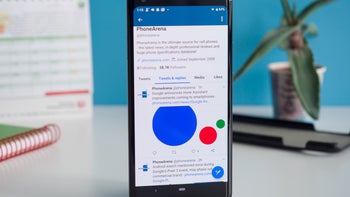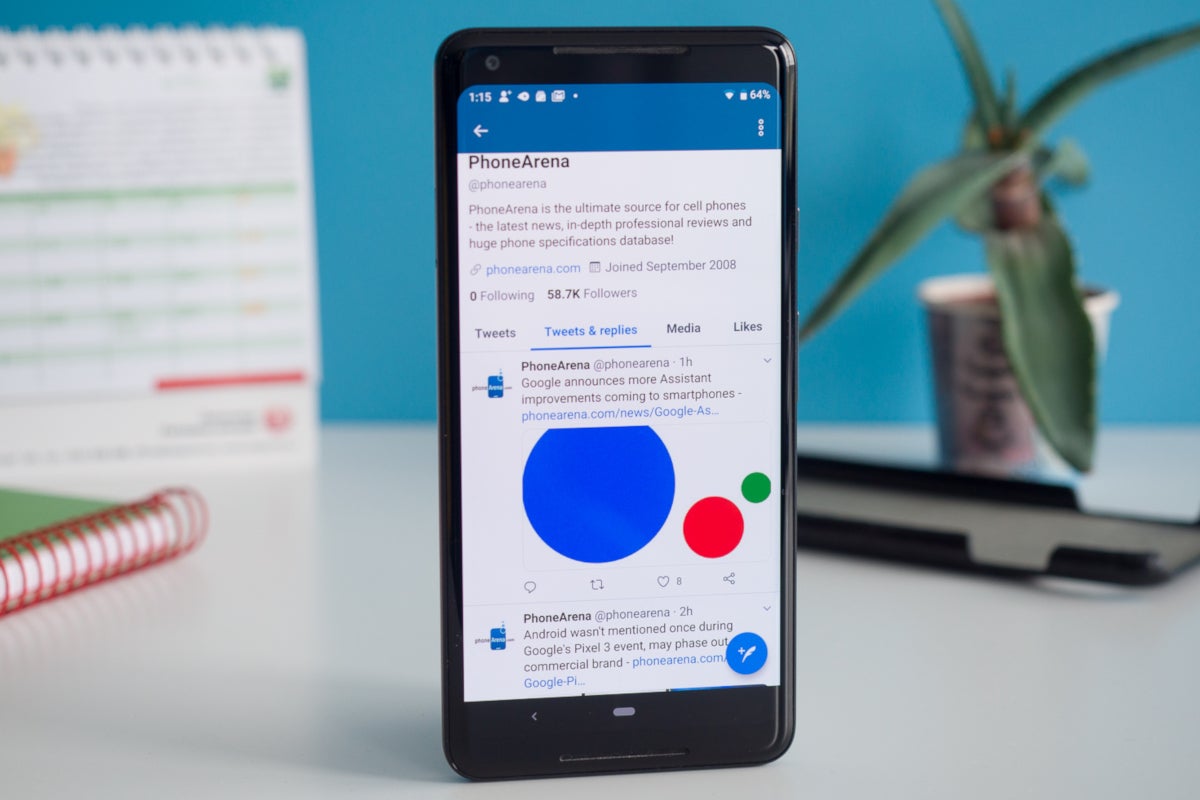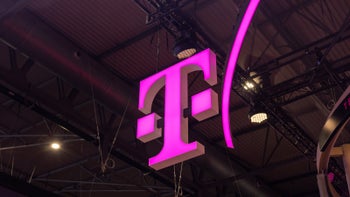Facebook, Twitter and others could lose protection from lawsuits

Section 230 of the Communications Decency Act prevents social-media firms from facing any liability because of posts written by subscribers. It also allows these social media apps to moderate posts published on their sites. Last month, after Twitter posted a fact check of a tweet written by President Donald Trump involving mail-in ballots, the president signed an executive order that directed the Federal Communications Commission (FCC) to develop rules that would allow social-media companies to remove content from their sites while remaining protected by Section 230. At the same time, Trump asked the Federal Trade Commission (FTC) to punish companies that engage in "deceptive" communication. The Justice Department (DOJ) said that it would seek reform of Section 230 to weaken the protection it offers to social-media companies.
Changes to Section 230 might require legislation instead of a court ruling
The changes that the DOJ wants to impose on Section 230 still have to make it through Congress. If that happens, social-media companies could be held criminally responsible if their apps are used to arrange illegal activities such as selling illegal drugs, facilitating terrorism, child exploitation, and cyberstalking. CNBC reports that without Section 230's protection, tech companies could find themselves in deep water with the Justice Department. Another DOJ proposal would prevent tech firms from using Section 230 to defend themselves against antitrust claims. As it turns out, the DOJ is reportedly prepping an anti-trust suit against Google while the Federal Trade Commission (FTC) prepares one against Facebook.

Section 230 protects firms like Twitter from getting sued over posts written by subscribers
Attorney General Bill Barr says that Section 230 has been "has been stretched way beyond its original intention." Back in December, Barr told the told a gathering of the National Association of Attorneys General that the DOJ was taking a long look at Section 230 and the intended scope of the rule. The regulatory agency plans on suing social media companies. But the courts have historically upheld Section 230 which means that legislative action will need to take place for the tech firms to lose their protection. The Justice Department would like to see victims of online scams and child exploitation allowed to file a civil suit against any platform that knew about the illegal activity and did not remove any messages related to it from its site.
Two years ago Congress did pass a reform to Section 230 that removed protection for online ads promoting sex work. Originally praised by members of Congress, the bill did not keep the support of sex worker advocates because the bills forced platforms to remove websites that allowed sex workers to research potential clients. As a result, sex workers found themselves less safe while doing their jobs.
Facebook says that losing the protection of Section 230 would result in consumers sharing fewer messages online. Nick Clegg, Facebook’s vice president of global affairs and communications spoke with reporters by phone today and said, "Changing significantly...the balance of responsibilities and provisions about liability in Section 230 would, in our view, mean less speech of all kinds appearing online." That is the typical response that tech companies have when asked about the possibility of losing their legal shield.
The White House issued a statement today that said that "President Trump is pleased to see the department following through" on the legislation suggested in the president's executive order. Additionally, Senator Josh Hawley, (R-Mo.), another adversary of Big Tech and Section 230, introduced a new bill today that would require social media firms to act in good faith. This would expose these companies to lawsuits claiming breaches of contract.
But not all members of Congress agree with Senator Hawley. Senator Mark Warner, (D-Va.), who has criticized Section 230 in the past, said, "While I believe reform of this outdated law is needed, I have serious concerns that under the supervision of Attorney General Barr this effort has been politicized and will be used by the Trump Administration to cow platforms into allowing Trump, dark money groups, and right-wing militias to continue to exploit their tools to sow disinformation, engage in targeted harassment, and suppress voter participation."










Things that are NOT allowed: